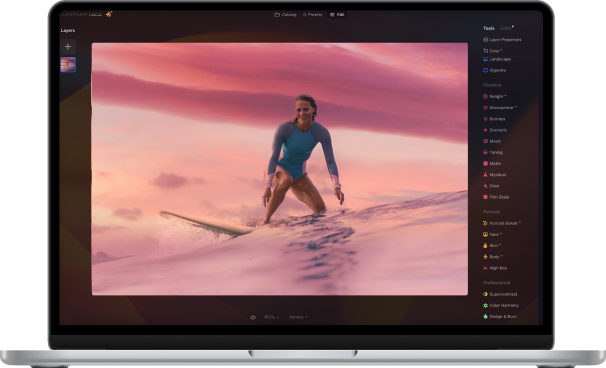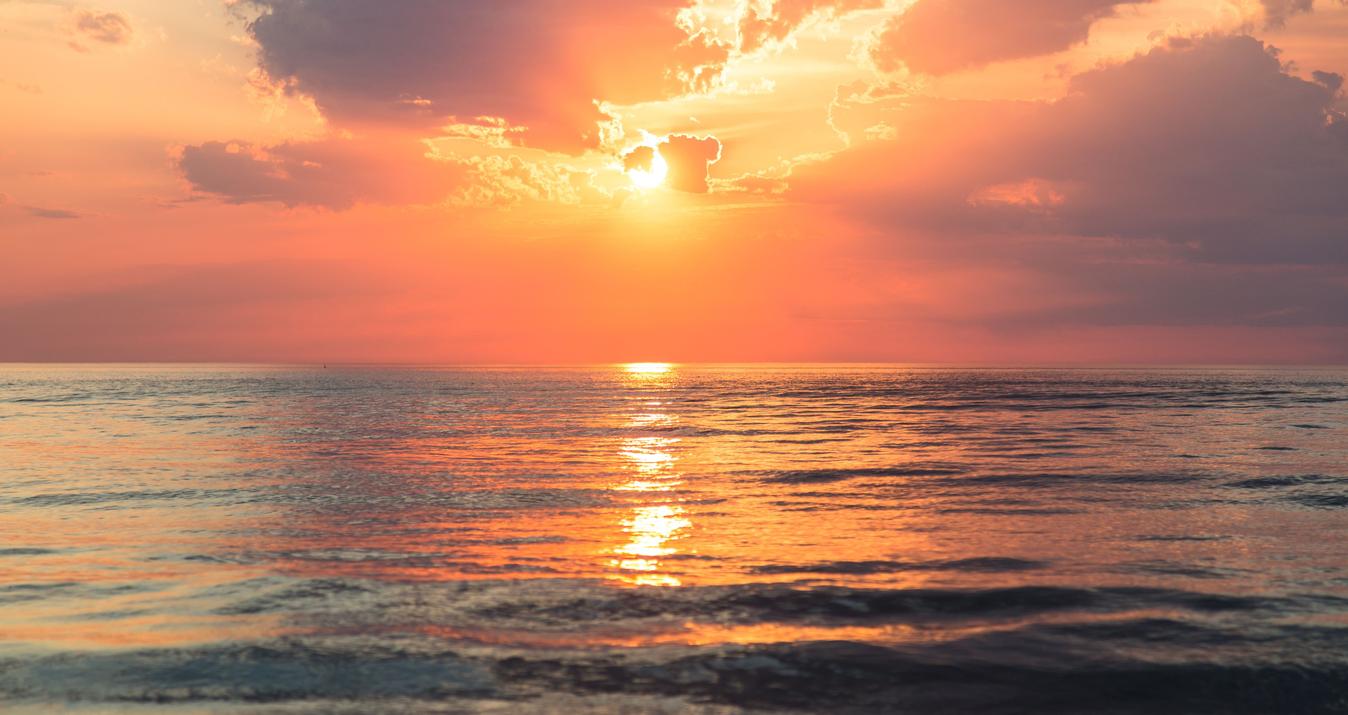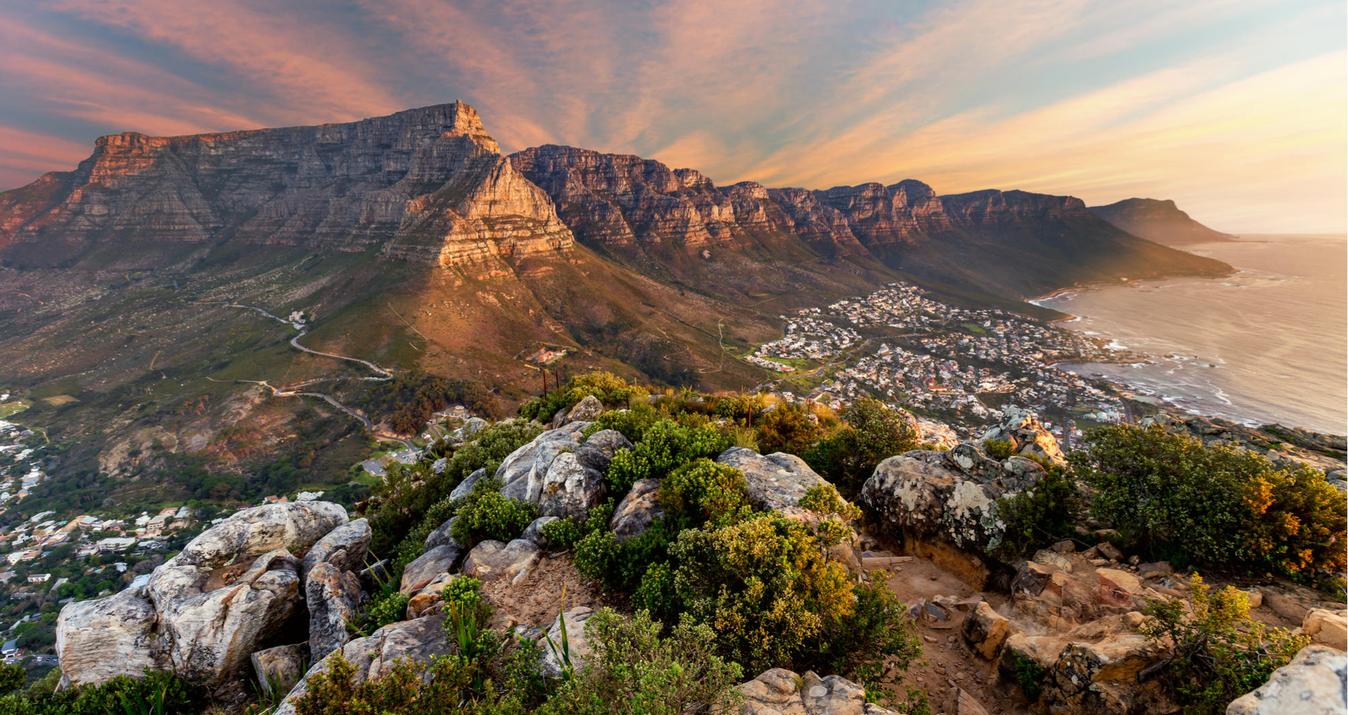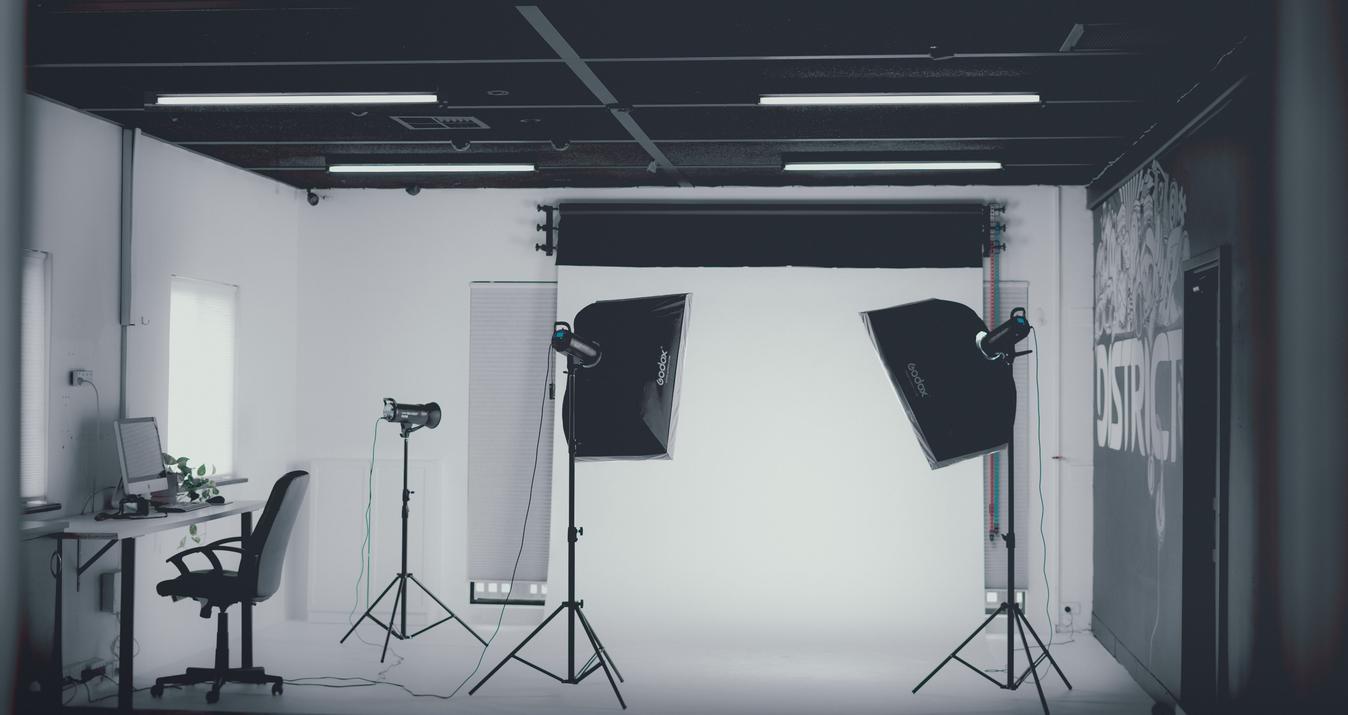The most common myths about HDR photography you didn`t know before.
Myth #1: HDR is difficult
Shooting HDR is actually quite simple! You only need 3 things:
- A camera that takes bracketed exposures - even cell phone cameras can do this!
- A tripod - optional, but highly recommended.
- Software to process your bracketed photos.
With the tools above you’ll be set to create fantastic HDR photographs.
Myth #2: Processing HDR is time-consuming
Presets are a great way to get great results, fast!
If you’re just starting out with HDR, a preset will make big changes with minimal effort.
Already a pro? Make your own presets to quickly replicate your unique style across multiple images.
Ready to learn more about HDR processing? Check out these 3-minute easy-to-understand video tutorials.
Myth #3: HDR photographs aren’t realistic
HDR doesn’t (necessarily) mean garish or over-processed. The results are up to you and your unique creative style. Photo-realistic HDR can bring out the details in the highlights and shadows that simply isn’t possible with a single exposure.
Natural HDR (Landscape Preset Pack >> Warm Skylight Preset) VS Extreme HDR (Landscape Preset Pack >>Landscape HDR Look 1 Preset)
Myth #4: HDR photography is only good for landscapes
HDR Is great for a variety of subjects. Shoot what you like!
Myth #5: The light has to be perfect to shoot HDR photos
The beauty of HDR is that it can open up possibilities for amazing shots in almost any lighting situation.
Did you know…?
The modern HDR photo technology was originally used by NASA.
On October 28, 1998, Ben Sarao created one of the first nighttime HDR+G (High Dynamic Range + Graphic image). It consisted of four film images of the shuttle at night that were digitally composited with additional digital graphic elements.
Source: Wikipedia
Myth #6: Moving objects will ruin an HDR photo
With de-ghosting technology in modern HDR processors, you have the option to choose a bracketed photo from your set in which you froze the movement OR you can embrace the blur.
Deghosting (using middle exposure) VS No deghosting. Note the difference in the texture of the water and the ghosted surfers.
Myth #7: Multiple exposures are required to create an HDR photograph
You can create an HDR from a single RAW file! RAW files from modern cameras contain a lot of hidden detail in the highlights and shadows that can easily be recovered with HDR processing.
There is no such thing as bad light with HDR - be creative explore the nuances. Whether it is the middle of a bright summer day or a candlelit dinner, we are sure you'll love the result. Just add a little practice, curiosity and explore your creativity!













